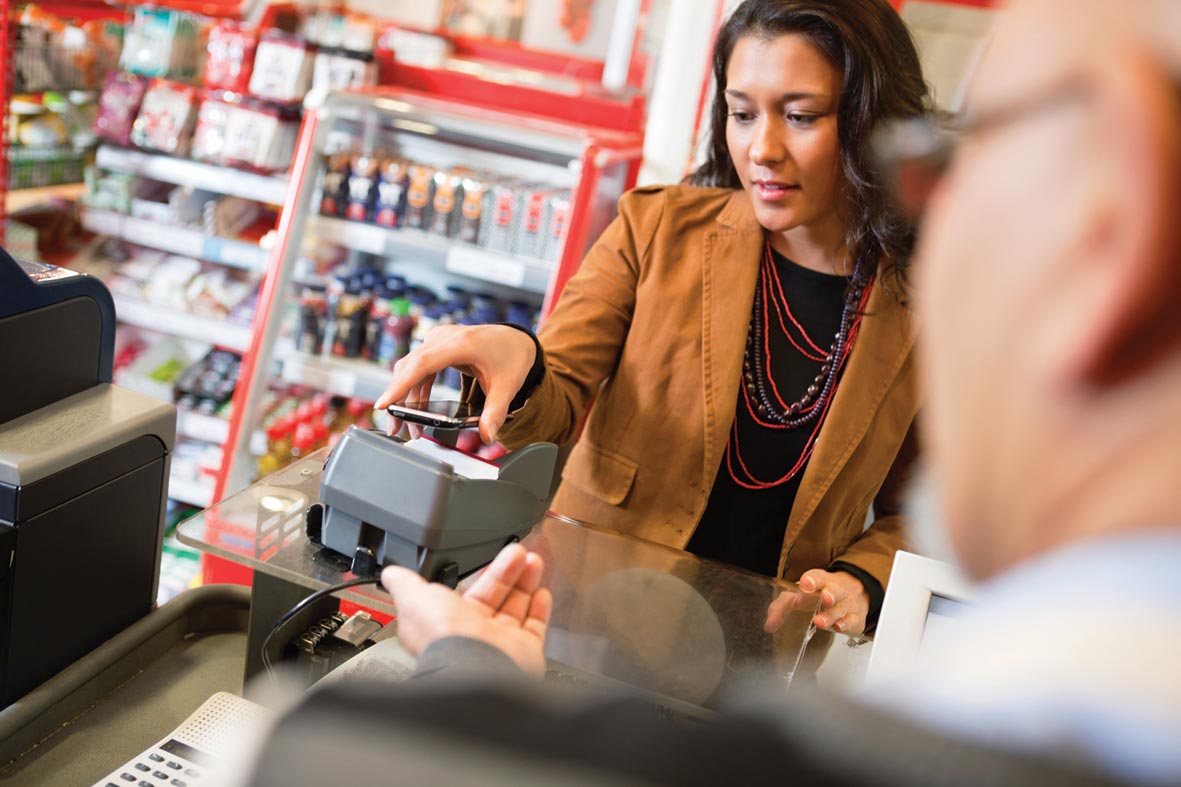Credit Cards & Loans
Credit card spending overtakes cash for the first time

The British Retail Consortium’s (BRC) payment survey shows debit cards remain the most popular method of payment, followed by credit cards, with cash now in third place.
According to the BRC, the use of cash has been falling steadily. Over the past five years cash use has dropped from more than half of all transactions in 2013 to under 40 per cent in 2018.
The value of those cash transactions has fallen from 28 per cent to 20 per cent during the same period – meaning just £1 out of every £5 spent in shops is a cash payment.
The BRC is the trade body for retailers and has concerns about much businesses pay to accept card payments.
It reported that card costs are rising as retailers spent £1.3bn with third parties last year, up £70m from 2017. Each transaction cost retailers an average of 5.85 pence, up 17 per cent (from 4.98 pence). Much of this cost is made up of so-called scheme fees charged by card companies such as Visa and Mastercard.
The BRC is calling for action to improve regulation of card payment fees, expanding and simplifying the regulation to cover the full range of transactions and prevent abuse by card companies.
Andrew Cregan, policy advisor for payments and consumer credit at the BRC, said: “With card payments accounting for almost 80 per cent of retail sales, it is vital that the government takes action to tackle the soaring costs that card companies charge retailers. Without action we will see businesses put under further pressure and it will be consumers who are forced to pay the price.”
However, consumer groups were more concerned that the BRC figures pointed to an over-reliance on credit cards for everyday spending.
John Crossley, director of money at Compare The Market, said: “Our recent research found that just over a fifth of young people say that they depend on a credit card to pay their bills – and similar numbers use credit to cover the cost of everyday living in order to make ends meet.
“The way we view debt has undergone a generational change, with credit cards no longer used to spread large costs but now seen as a way to manage everyday spending, due in part to the uptick in contactless payments.
“Using credit cards for day-to-day purchases can be a convenient way for many to manage their finances – providing that users engage responsibly with their debt and shop around to find a card with a competitive interest rate. Offerings, such as vouchers and cashback, can also provide savings for consumers.”